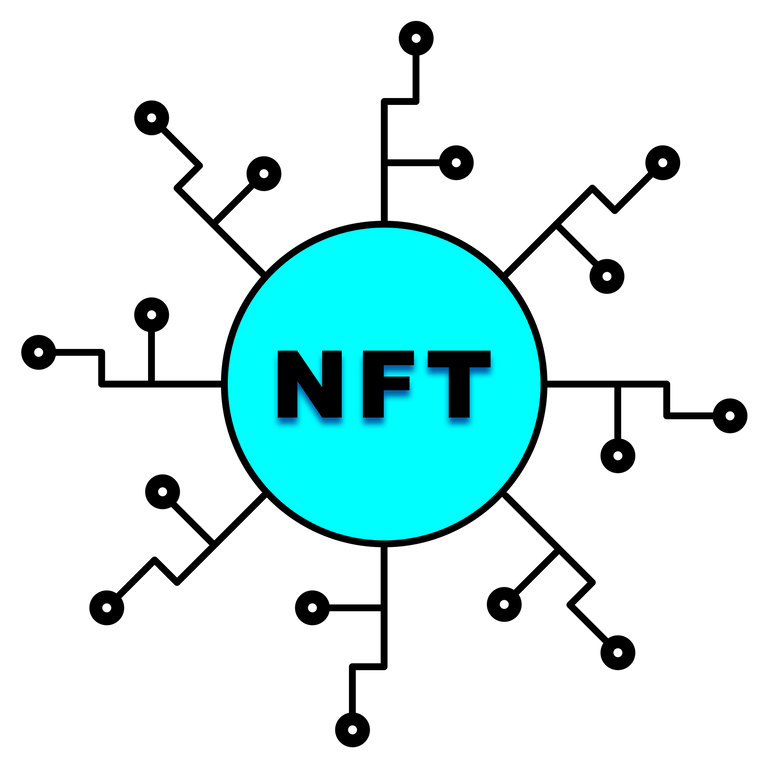Arbitrage trading for NFTs: How will it work?

NFTs are one of the seven wonders of crypto, the list will surely change and get even longer in the future, but NFTs have had a hell of a time in the space. From a high-tech concept with huge potential to a meme-like multimedia idea and again to an entity of high financial significance. NFTs reportedly moved over $24 billion in cumulative volume in 2021. This figure has since due to the raging bear market and a lowering interest in NFTs, but NFTs are still very significant.
A handful of arbitrage protocols have seen huge success in trading cryptocurrencies across centralized and decentralized exchanges. However, these projects are only focused on fungible tokens which make up a majority of cryptocurrency investors’ portfolios. But NFTs are fast becoming popular and coveted assets.
Proposed theories for an NFT arbitrage system will certainly involve the synergy of protocols that surf through NFT marketplaces to garner data on the trading conditions of recognized NFTs from different collections and compare these data to evaluate the difference in floor prices collections and selling prices on individual NFTs across selected market places and trade accordingly to take full advantage of the deviations to return maximum profits for each successful trade.
Noted challenges to the NFT arbitrage scheme are the illiquidity of NFTs and loss of profits to MEV (Miner Extractable Value). NFTs are illiquid in the sense that they are first listed and stay waiting for an eventual buyer, NFTs could spend hours to days on the marketplace before a buyer comes around.
MEV is an issue that plagues cryptocurrency as a whole. Additional charges on every transaction build up into tangible expenses, enough to get rid of every profit made in trades, especially for routine traders on decentralized exchanges. Thanks to MEV, an NFT arbitrage system could see a good percentage of its profits eaten away by extra charges or even fall back into losses even after successfully arbitraging an NFT.
NFT arbitrage protocols could tackle this using a pool. By creating a pool for NFTs. This pool will present an instant demand for the NFT and ensures that they can be sold immediately. Only NFTs demanded in the pool will be considered for arbitrage opportunities.
The arbitrage system will basically compare prevailing prices for NFTs in its pool and the price of the same NFTs on other marketplaces. The arbitrage system will proceed to purchase NFTs where they trade for cheaper prices and trade it on the on-demand pool, making a profit. This is recurring and continues until the trades are no more profitable.
Note that there are currently no known NFT arbitrage projects and this content is only a theory of how a system like this could work. Taking into consideration, the basics of NFTs and available technologies, this might be a ground-breaker for NFT investors.
Follow up with CRYPTOCURRENCY SCRIPTS to stay refreshed in the crypto space with comprehensive articles and important tips.
Posted Using LeoFinance Alpha
Congratulations @cryptoscripts! You have completed the following achievement on the Hive blockchain And have been rewarded with New badge(s)
Your next target is to reach 50 upvotes.
You can view your badges on your board and compare yourself to others in the Ranking
If you no longer want to receive notifications, reply to this comment with the word
STOPCheck out our last posts: